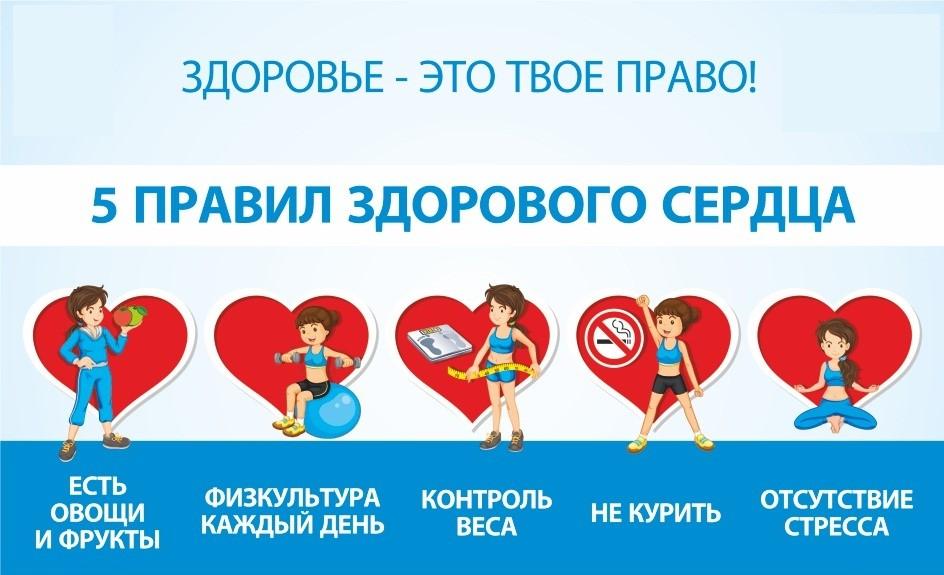This page has been translated automatically and has not yet been verified by experts.
Happiness is...spring in the heart!
It is impossible to live in our life without taking care of our heart. One of the most important human organs – the heart, which 24 hours a day, without stopping for a second, pumps blood throughout our body and maintains life in the human body – is dedicated to an international holiday – World Heart Day, which is celebrated annually on September 29 . It was first organized in 1999 on the initiative of the World Heart Federation. This action was supported by the World Health Organization (WHO), UNESCO and other significant organizations.
Diseases of the circulatory system account for more than half of all deaths from non-communicable diseases, which means that heart attack and stroke can confidently be assigned the status of “number one killer” among diseases on the planet.
Cardiologists around the world urge you to value your heart, take care of it, and not undermine its work with bad habits. World Heart Day is intended to remind us that the prevention of heart and vascular diseases is possible and necessary both at the population and personal levels.
How can each of us help ourselves today? Thanks to simple preventive measures, each person can significantly reduce the risk of developing cardiovascular diseases (CVD) in themselves and their loved ones. To do this you need:
1. At least 30 minutes of physical activity four to five times a week. It is important to remember that activity levels vary from person to person.
2. CORRECT NUTRITION: the diet should include 5-6 servings of vegetables and fruits per day (1 serving approximately – one apple or one orange, etc.).
Limit your salt intake per day to five grams (one teaspoon). Keep in mind that almost all the food we consume contains sodium chloride.
Portion sizes must also be controlled. Even children should eat right. Excessive nutrition is a risk of developing heart disease.
3. Smoking must be completely eliminated. Active or passive – in any of these two cases, significant harm is caused to the body.
4. Everyone should know their blood pressure level! It is this that largely determines the risk of developing CVD. If your blood pressure is 140/90 or higher, you need to consult a doctor!
5. You should monitor your cholesterol and blood glucose levels once a year from the age of thirty-five. However, if heredity is unfavorable, testing is recommended from the age of twenty.
By following these simple recommendations, you can reduce the risk of developing heart disease tenfold, and premature death from CVD by 80 percent.



